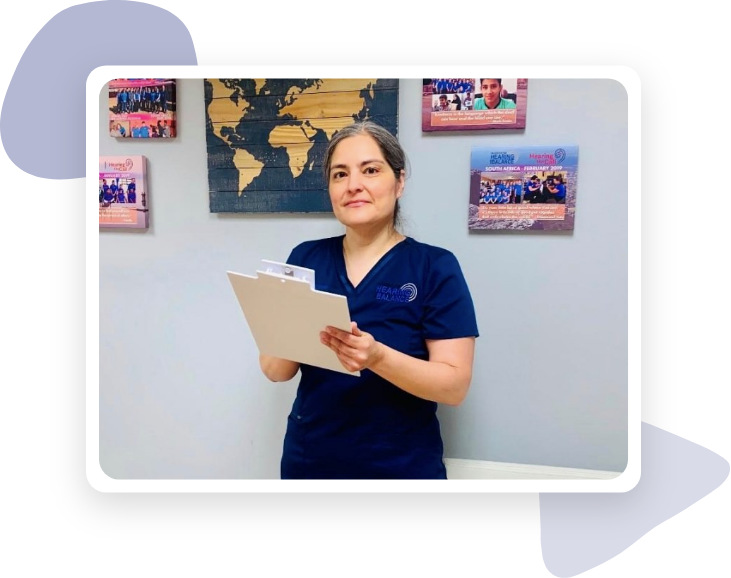HEARING DOCTOR
Audiology is the medical study of hearing and balance. It’s a profession that has grown in importance as we have become more reliant on technology to communicate with others.
Plus, it’s becoming increasingly common for people to experience hearing loss. One might think that an audiologist is just someone who checks ears or prescribes some ear plugs – but audiologists, also known as hearing doctors, play many roles!
In this blog post, we will discuss how audiologists help their patients cope with hearing loss through rehabilitation therapy. We couldn’t emphasize more the importance of choosing the right audiologist. This decision can make all the difference when it comes to living life with hearing impairment.

The Difference Between Audiologist, Ent Specialist And Hearing Specialists
Meanwhile, a doctor specializing only in otolaryngology deals solely with diseases that affect your head/neck region including nose, throat etc. Otolaryngologists are physicians that provide medical and surgical care, diagnosis, treatment of the ears, nose, throat. They will work with you to find out why you’re having trouble hearing or stop snoring for example and offer specific treatment options based on your needs.
A hearing instrument specialist is a state-licensed professional who can help with common types of hearing loss. They can evaluate and dispense the best possible solution according to what they see fit.
A hearing specialist is a person who has been trained to diagnose and treat problems with the ear. They can also refer you to another professional like an audiologist or otolaryngologist (ENT).
SERVICES OFFERED BY AN AUDIOLOGIST
Audiologists are the experts on managing hearing and balance issues.
Audiologists can ensure that your quality of life is as good as it can be with their care and expertise. Dubbed as hearing doctors, they are well-equipped in helping patients manage any hearing loss or other ear problems such as tinnitus (ringing in ears).
If you need help selecting a hearing aid or assistive technology device for optimal performance, an audiologist is the best person to approach.
WHEN DO I NEED TO SEE AN AUDIOLOGIST?
-Hear a ringing sound in your ears (tinnitus) and it’s not going away on its own
-Have a difficult time hearing than usual
-Feel any pain or discomfort in the ears
-Need your earwax removed
-Experience muffled hearing
-Experience a sudden change in hearing ability over time or after a loud event (e.g. attending concerts, hunting with firearms and fireworks)
-Feel dizzy or nauseous
HEARING DOCTOR - SPRINGFIELD, PA
If you’re in Springfield, PA and are looking for a dependable and trustworthy hearing clinic in the area, give us a call to schedule an appointment.
THE "HEARING DOCTORS"
Audiologists are also responsible for providing hearing aids and other devices to help people with their hearing disability.
Audiologists have a range of responsibilities when it comes to hearing and balance issues. We can help you with:
Hearing aids selection, fitting or repair Tinnitus management (ringing in ears) Managing other ear problems such as vertigo/dizziness Meniere’s disease, Eustachian tube dysfunction, tinnitus Diagnosing the cause for your symptoms including noise induced injury
Based on an accurate and comprehensive hearing test, an audiologist can map out the most appropriate plan of treatment for a patient’s unique hearing needs.

Hear Better. Live Better.
-
130 S. State Road,
Suite 201 Springfield, PA 19064 -
905 West Sproul Rd,
Suite 201 Springfield, PA 19064 - 610-438-5203
